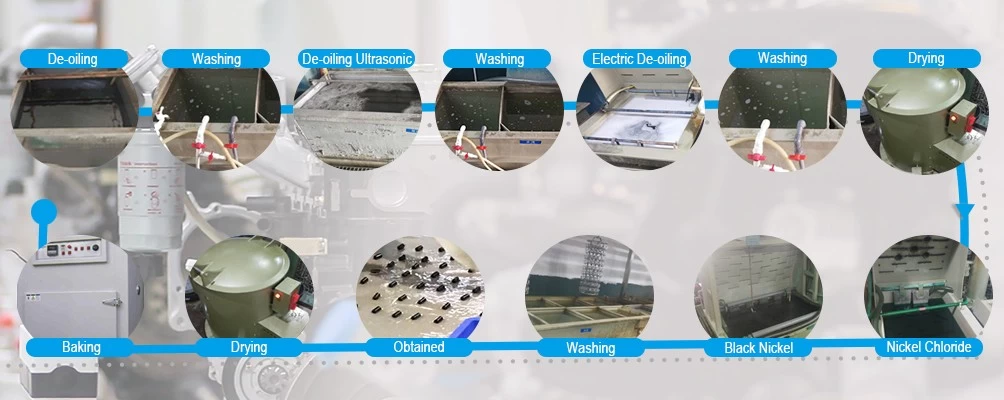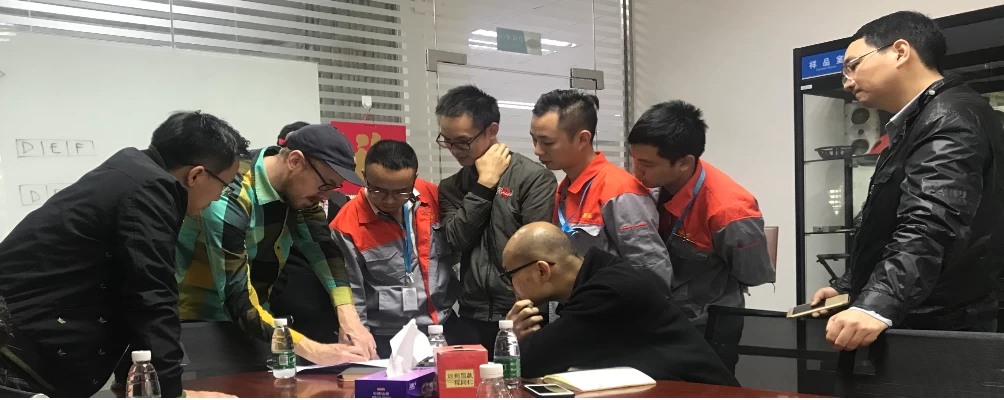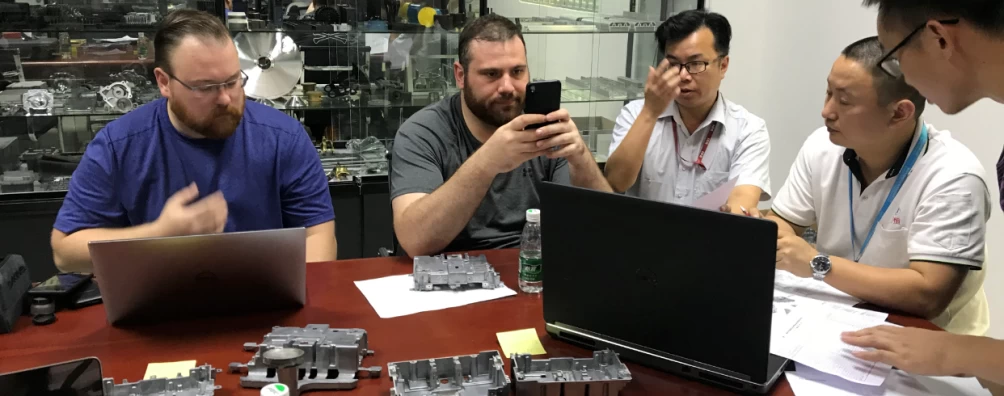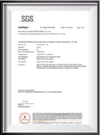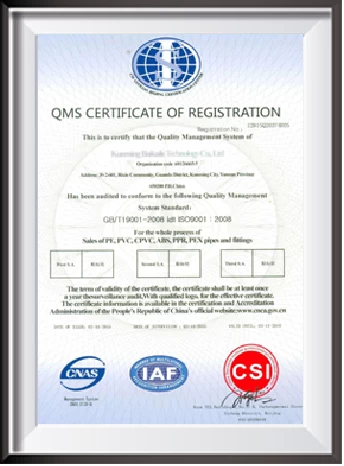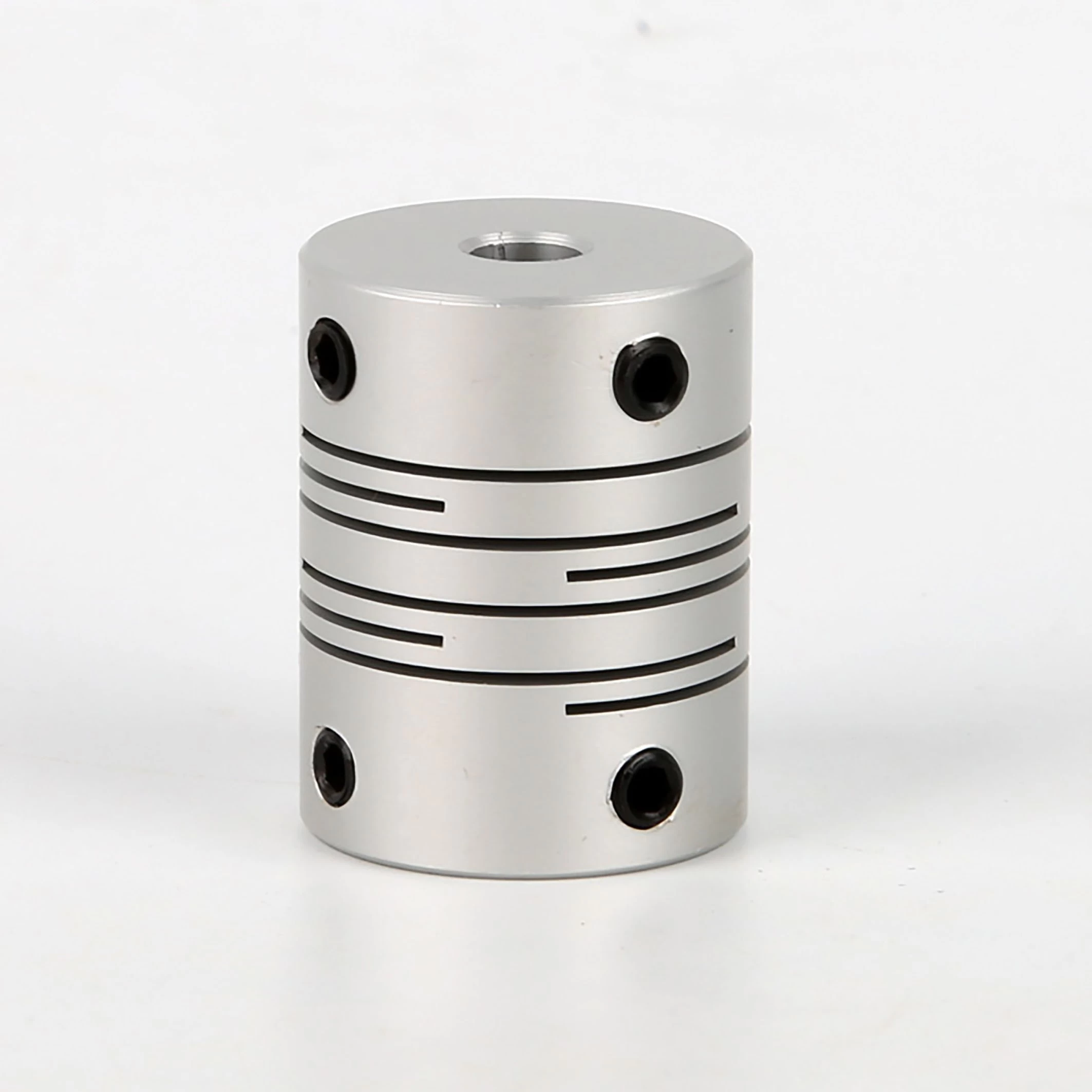Environment: Ground operation
naky
www.diecastingpartsupplier.com
2015-09-16 15:42:00
The chemicals warehouse explosions in the port city of Tianjin last month reached straight into Yan Hongmei’s apartment, fracturing her mother’s pelvis when a window frame crashed on to her bed. A few days later, rain sprinkled the city with foamy yellowish flecks. The day after that, thousands of dead fish turned riverbanks into a silvery-white mass.
“They say there are no problems now, but what about the future? What if our children will be affected down the road?” she said as she begged officials to buy her home. “We are afraid of the pollution posed by chemicals. Even though they say there is no pollution and it is safe, we still believe pollution exists.”
In 2004, workers digging Beijing’s Songjiazhuang subway station were poisoned by gases leeching from an abandoned pesticide plant. That sparked China’s first regulations on decontaminating abandoned industrial sites. Recent incidents, including cyanide contamination after the Tianjin blasts, are raising public awareness.
The Chinese central bank estimates that the environment ministry’s targets for cleaner air and water alone require Rmb2tn a year over the next five years, although the central bank wants “green financing” to relieve government coffers. A soil pollution action plan in the works will also involve significant budget allocations during the next five-year plan from 2016-2020. Otherwise, Ms Lan says, at current spending of about Rmb40bn a year, sorting out soil pollution “will take us 1,000 years”.
Despite the challenges China faces in cleaning up its soil, some give it credit for doing far more than most other developing economies. The former Soviet Union is full of abandoned industrial sites while pollution from mining and factory waste is a growing problem in Africa and Asia.
The report hit a nerve with city dwellers already anxious about food safety and persistent smog. “The effects of pollution and of the misuse of agricultural inputs like pesticides and fertiliser will become the next big stage in the food safety debate,” says Xu Liqing, who researches food safety and environmental issues at Jiangnan University School of Business.
Every approach to solving the problem involves a trade-off. “China’s at the stage where it’s trying to assess the magnitude of the problem,” says Scott Stefl, general business director for Peroxy-
The chemical plants left Zhengjiang two years ago. “They went somewhere in the mountains, where people aren’t crowded up against them like here,” Mr Yang says. Remediation plans posted online by the Xiangtan government include transforming the area into a “service industry hub”. One retired village cadre was vaguely aware of plans to relocate. No one else had been told.
A few months ago, the villagers noticed a team testing the ground. One said he was testing for soil pollution. Villagers have not heard anything since.





